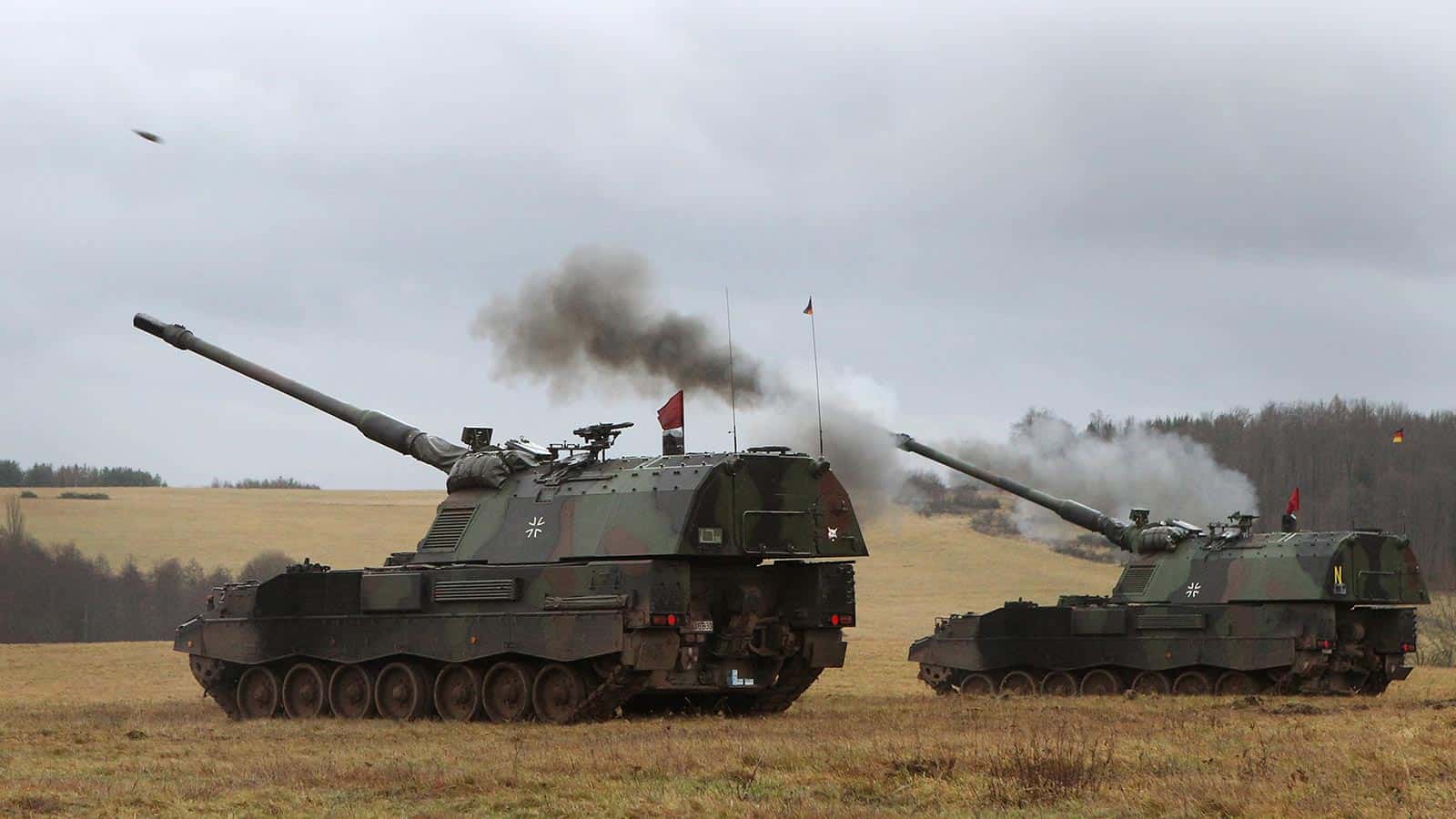
Germany shifts its defense strategy as Chancellor Olaf Scholz and Defense Minister Boris Pistorius push for a stronger Bundeswehr, sparking global debate on the nation's military role. Image: Ministry of Defense of Germany.
(The Post News)– In a move that signals a dramatic shift in its post-war stance, Germany has announced a new national strategy focused on military preparedness, stating that the country must “leave history in the past and prepare for war.”
This decision has sparked intense debate both within Germany and among the international community, as it challenges decades of pacifist policies rooted in the nation’s World War II legacy. Since the end of World War II, Germany has maintained a cautious approach to military engagement, with its defence policies largely defined by cooperation of the North Atlantic Treaty Organization (NATO) and the European Union (EU).
However, with rising geopolitical tensions and increasing pressure from allies to take on a greater role in global security, German leadership has opted for a significant shift. Chancellor Olaf Scholz emphasised this transformation in a recent address, stating that they “cannot allow the shadows of the past to dictate our future” as their security and sovereignty rely on preparedness and strength.
As part of this new direction, Germany has pledged substantial investments in its armed forces. The government has allocated billions to modernising the Bundeswehr, including acquiring advanced weaponry, enhancing cyber defence capabilities, and expanding military personnel.
Defence Minister Boris Pistorius reinforced the necessity of these actions, notin that the world is rapily transforming and the need to ensure that Germany is not left at risk. Pistorius further stated that a powerful military is not an assertion of aggressiveness, but an assurance of security.
Germany’s shift has drawn mixed reactions globally. NATO allies, particularly the United States and the United Kingdom, have largely welcomed the move, seeing it as a long-overdue step toward balancing defence responsibilities within the alliance. However, some European neighbours and domestic critics worry that increased militarisation may reignite historical fears and alter Germany’s role in international diplomacy.
Russian officials have also expressed concern, with the Kremlin warning that a rearmed Germany could escalate tensions in an already volatile European security landscape. “We will be watching Germany’s actions closely,” stated the Russian Foreign Ministry spokesperson.
Germany’s decision to “leave history in the past and prepare for war” marks a defining moment in its national identity. As the country navigates this strategic shift, it will need to balance military expansion with diplomatic assurances to allies and the broader international community. Whether this move strengthens Germany’s security or leads to unintended consequences remains to be seen, but one thing is clear: a new era for German defence policy has begun.



